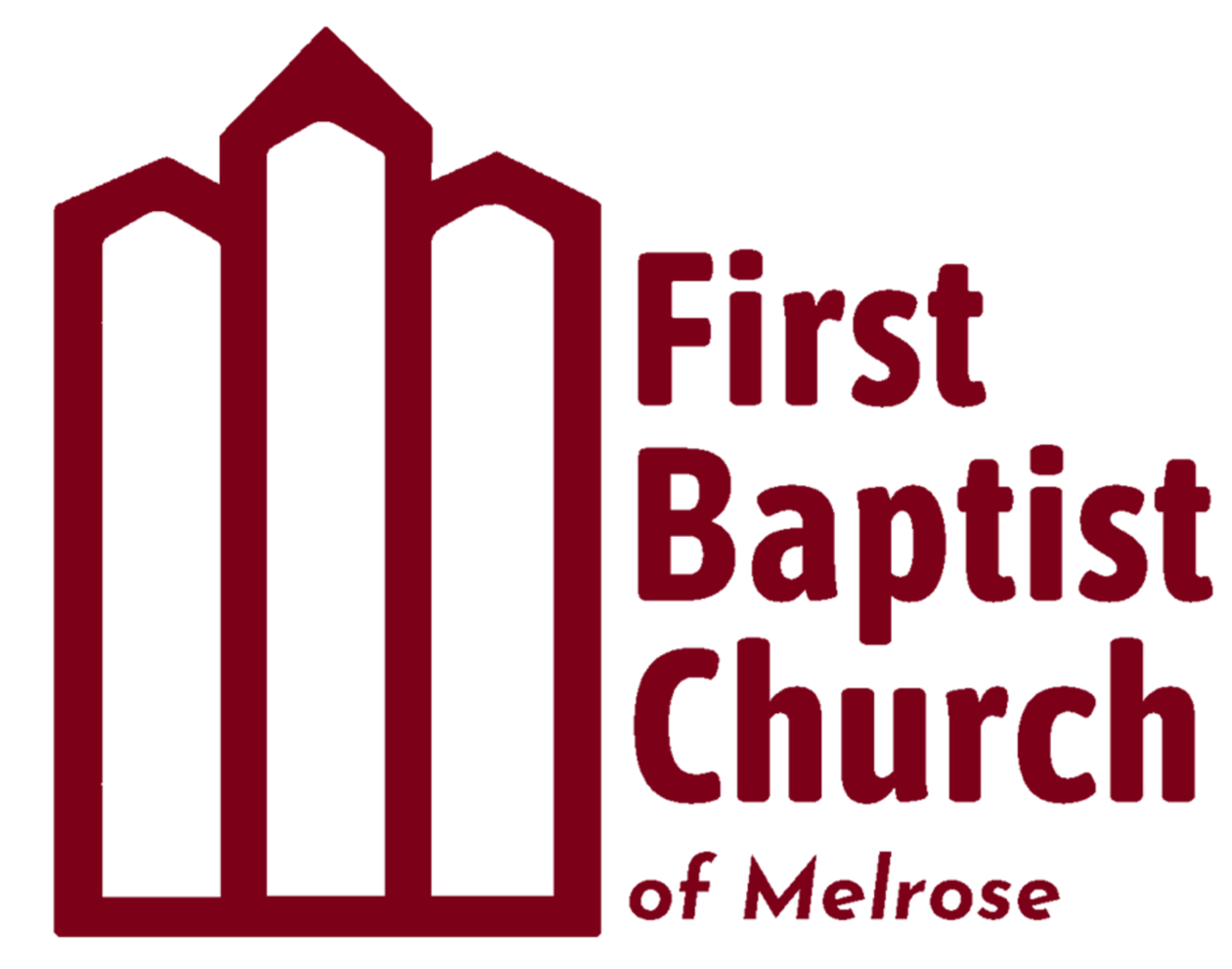“Jesus, Go Away.”
Here’s a truth … most biblical teaching is forgettable. We hear something, and not long later, we forget it. Perhaps a more appropriate term is consumable. Upon hearing the teaching, we welcome it, but like last Monday’s apples, its usefulness is short-lived. (Aside: The scripture – like a food – is something that we need to regularly consume.) While I have forgotten (or preferably, consumed) most biblical instruction, I do remember something from three decades ago. While while working as a counselor at a Christian summer camp, the director provided a message at the evening campfire. These talks were brief and served more as devotional that actual teaching, but one evening, he said something I continue to remember, “When you tell Jesus to go away, you’ve got problems.”
The camp director was speaking on a story from Mark 5 that concludes with with this phrase, “Then the people began to plead with Jesus to leave their region” (Mark 5.17). Why would the people want Jesus to leave? Well, let’s examine the passage and find out.
The story begins with a pathetic man with an impure spirit who lives among the tombs. Efforts to chain the man were unsuccessful. He busted the binds again and again. Further, night and day among the tombs and the in the hills he would cry out and cut himself with stones (Mark 5.5). Can you imagine this man? Today, we might designate him as mentally-ill, but however we label him, we would keep our distance. This crazed individual might lash out. Children should stay away. Our pets are not safe. The elderly are at risk. Keep away!
Jesus, however (and with Jesus, isn’t there always a however), cannot avoid the man. Rather, the maniac runs at Jesus (Yikes! Run Jesus run. He’s coming for you.) and falls at his feet and the evil spirit within the man shouts, “What do you want with me, Jesus, Son of the Most High God? In God’s name don’t torture me!” (Mark 5.7). As the conversation continues, we learn the man is possessed by many spirits who are named “Legion.” Jesus plans to remove the spirits, and after some begging from “Legion,” Jesus acquiesces and sends the evil spirits into large herd of pigs. One the spirits enter the swine, about 2,000 of the animals drown as they rush down a steep bank into the lake.
The frustrated townspeople gathered around Jesus. There, they saw the local tomb-dwelling, self-harming, crazed maniac clothed and calm – no longer shrieking in the graveyard. The ills who haunted the man were removed. He was free. After assessing the situation, the people plead with Jesus to leave their region. While the passage does not explicitly say, the townsfolk seem more concerned about their profit margins than the deliverance of this man. Jesus, a healer and restorer of people, was no longer welcome.
Consider this scenario: A friend borrows your vehicle. While you are hesitant to make this decision, you relent. After all, this is your good friend who cares for you deeply. The following conversations occurs.
Friend: We are got in car accident. My wife is seriously hurt.
You: Is my car okay?
Friend: Your car? We don’t if my wife is going to make it. The doctors say its 50-50.
You: Will your insurance cover the damages?
Friend: Insurance? My wife’s life hangs in the balance.
You: You need to call your insurance company right now. I need my car to run errands.
Of course, the conversation is ridiculous, but essentially, this is the response of the townspeople. They are more concerned with things (pigs) rather than people (formerly crazed man).
As followers of Jesus Christ, we need to remember this lesson: people over things. That sentiment seems easy, but what about when the things are many and the person is scary. Even then. Especially then. When ever we find ourselves valuing things over people, we let’s remember the words of that camp director long ago: “When you tell Jesus to go away, you’ve got problems.”
